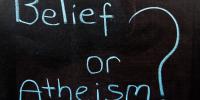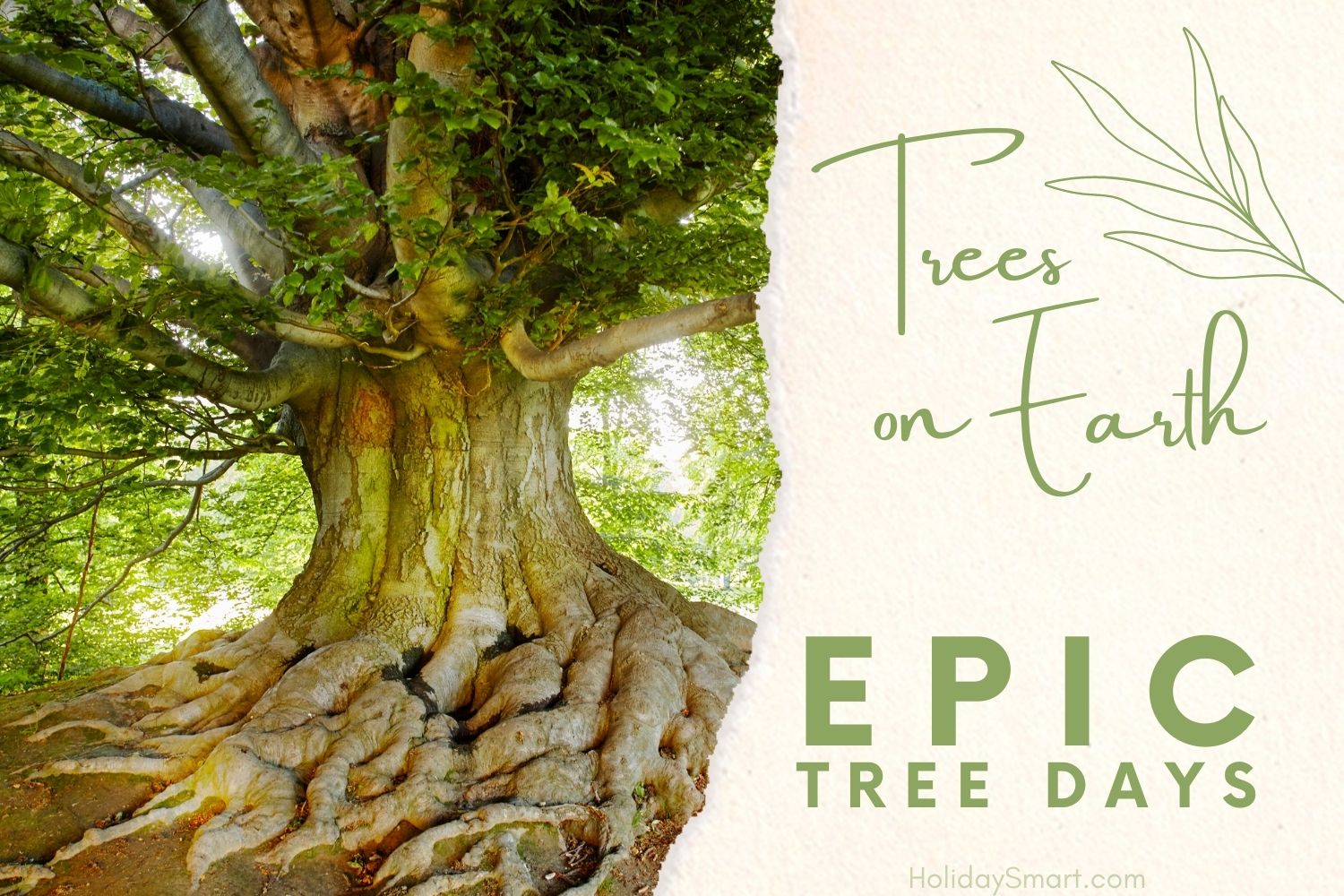Non-religious, Free Thought, New Age, Humanism
Non-religious beliefs, often associated with secularism, atheism, agnosticism, and humanism, are a wide range of philosophical and ethical perspectives that do not rely on religious doctrines or supernatural concepts. These beliefs are shaped by reason, evidence, and human experience rather than faith in a divine being or religious tradition.
Non-religious beliefs and worldviews are diverse, and individuals within these categories may have varying perspectives on spirituality, morality, and the meaning of life. Religion is based on ancient books and were based on the beliefs of ancient people. Non-religious people tend to believe that morals have progressed in our societies and are redefined in a forward and progressive movement to place more value on humans than on deities. Non-religious tend to have higher moral and ethical values based on humanity and individuals not relying on a deity of ancient civilizations to set those values for them.
Ethical Non-religion
Many non-religious individuals and groups develop their ethical systems based on principles such as empathy, reciprocity, fairness, and the well-being of sentient beings. These ethical frameworks do not rely on divine commandments but rather on shared human values.
Atheism
Atheism is the lack of belief in the existence of gods or deities. Atheists generally assert that there is no evidence or convincing argument for the existence of a divine being and therefore do not hold a belief in such entities. The word Atheist tends to have a negative connotation as the religious communities have made it seem as if this group has no values. Quite the opposite is true. Atheists are some of the most active in advocating for human causes and donating to help people in our society. Atheist are caring, kind and the only difference between them and religious people is, they don't believe in religion or need religion to make them value morals.
Agnosticism
Agnosticism refers to the position that the existence or non-existence of gods or ultimate reality is inherently unknowable or beyond human understanding. Agnostics neither affirm nor deny the existence of deities but instead suspend judgment due to a perceived lack of empirical evidence. Agnostics are a growing group across the globe who may still be spiritual, but not believe in religion or ancient doctrine.
Secularism
Secularism is the principle that government, institutions, and public affairs should be separate from religious influence or control. It advocates for a neutral stance on matters of religion, ensuring that no particular faith is favored or imposed upon individuals.
Humanism
Humanism is a philosophical and ethical worldview that places human well-being, reason, and compassion at its center. It emphasizes the value of human life and the potential for moral and ethical decision-making without reliance on religious dogma.
Skepticism
Skepticism is a critical approach to knowledge and beliefs, often characterized by a tendency to question and examine claims, especially those lacking sufficient evidence. Scientific skepticism is particularly focused on evidence-based inquiry.
Rationalism
Rationalism is the belief in the importance of reason, logic, and critical thinking as the primary means of acquiring knowledge and forming beliefs. It often prioritizes empirical evidence over faith or intuition.
Freethought
Freethought is the practice of forming beliefs and making decisions independently, without the influence of religious authorities or dogma. It encourages individuals to rely on reason and evidence to shape their worldviews.
Secular Holidays & Festivals
Secular holidays, also known as non-religious or civic holidays, are holidays that are not typically tied to religious beliefs or traditions. Instead, they often have historical, cultural, or civic significance and are celebrated by a broad range of people, regardless of their religious beliefs. Secular holidays are often observed at the national, regional, or local level and can vary widely from one country to another.
Non-religious people tend to celebrate occasions for people to come together, celebrate shared values, remember historical events, community service, activism, and reflect on important aspects of society and culture. They celebrate some of the common religious holidays in a secular way as these days, such as Christmas and Easter, have become part of our culture.
Non-religious often are not afraid of progress and re-defining holidays such as Thanksgiving to bring new meaning to the day as a family/friends get-together and a time to unite.

















